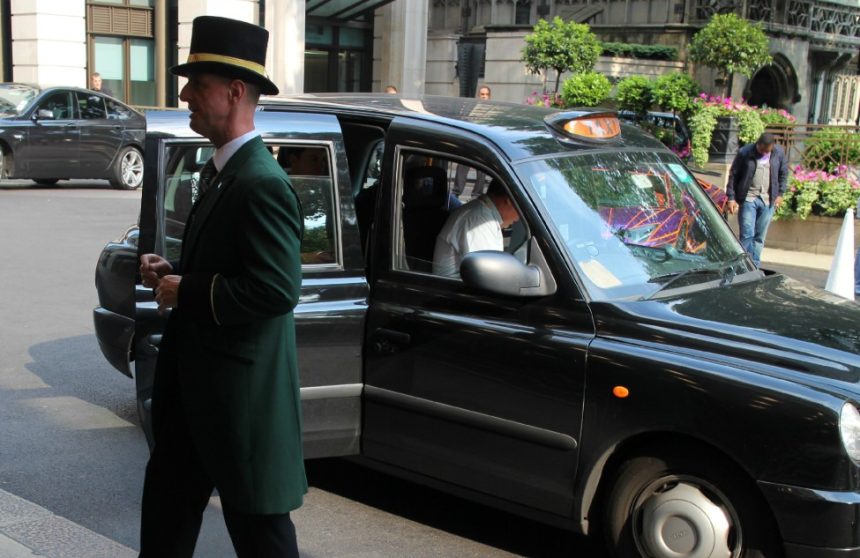London’s Black Cabs Secure £40m Lifeline to Avoid Extinction
London’s iconic black cabs have been handed a vital lifeline with a fresh £40million investment, offering hope that these cultural symbols won’t disappear from the city’s streets in the coming decades.
The move comes after a stark warning suggested that, if trends continue, the beloved black taxis could be extinct within 20 years.
The backing boost has been secured by Sherbet, the UK’s leading electric black hack driver, which is aiming to forefront the capital’s shift towards cleaner transport.
With this injection, Sherbet plans to expand its electric line from 550 to an impressive 3,000 vehicles, further cementing its position as the swift-growing electric hack provider in the country.
A sobering report from the Centre for London earlier this year highlighted the threat facing cabbies.
It pointed out that since electric black cabs were introduced in 2017, the upfront cost for drivers has surged by 39%, making the profession less affordable and increasingly unsustainable for many.
The report urged the Mayor of London, Sadiq Khan, to coordinate with Transport for London to create a structured recruitment and retention plan under the Taxi Action Plan.
The goal? Keep cabbies on the roads and ensure the trade’s survival.
Asher Moses, CEO of Sherbet and the company’s founder since 2013, welcomed the investment, describing it as a “turning point” for the industry.
He said: “The black cab is a globally recognised symbol of London – trusted, iconic, and deeply woven into the city’s identity.
Yet for too long, it’s lacked a dedicated guardian committed to its modernisation.
Our mission is to step into that role, not only to preserve its heritage, but to equip the trade with the technology, data and scale it needs to thrive in the current modern mobility landscape.”
Sherbet’s investment isn’t just about adding more electric vehicles. It’s about transforming the way drivers work.
The company is developing a platform to offer drivers improved access to bookings, data insights, advertising opportunities, and advanced analytics to boost earnings and job stability.
A key focus will also be on supporting the next generation of drivers by investing in Knowledge School entrants, a crucial step to ensure that one of London’s oldest and most recognisable professions remains viable for years to come.
The Centre for London report strongly backed this approach, emphasising the need to retain interest in the taxi trade.
It called for reforms to the Knowledge test, which currently has a staggering 66% drop-out rate, as a way to encourage more applicants and help sustain the sector.
Antonia Jennings, CEO of Centre for London, said: “It would be unthinkable for London taxis to become extinct by 2045.”
urging both the Mayor, TfL, and central government to take urgent action to protect the industry.
Investor support is also coming from Hoplon Investment Partners.
Sven Hansen, co-founder and managing partner, expressed his enthusiasm: “Sherbet is redefining what it means to be a modern mobility company.
Asher’s vision blends the legacy of the black cab with a forward-thinking, data-led approach to electrification and driver empowerment.”
Interestingly, the shift towards electric taxis is also being embraced by the NHS. Guy’s and St Thomas’ NHS Trust has lately introduced 12 electric LEVC TX vehicles for non-emergency patient transport.
While they don’t carry the traditional black finish, their design nearly glasses London’s iconic hacks, albeit ingrained with NHS ensigns and high-visibility markings.
Daniel Crossey, general manager of non-emergency patient transport at the hospital, shared: “These new vehicles are more sustainable and accessible, but also look great.
Everyone can identify a London cab; we’ve even had people try to flag one down on the street.”
The future of London’s black taxicabs is far from certain. But with technology, investment, and a community determined to save its heritage, there’s every chance these vehicles will remain an institution on the megacity’s roads for generations to come.






